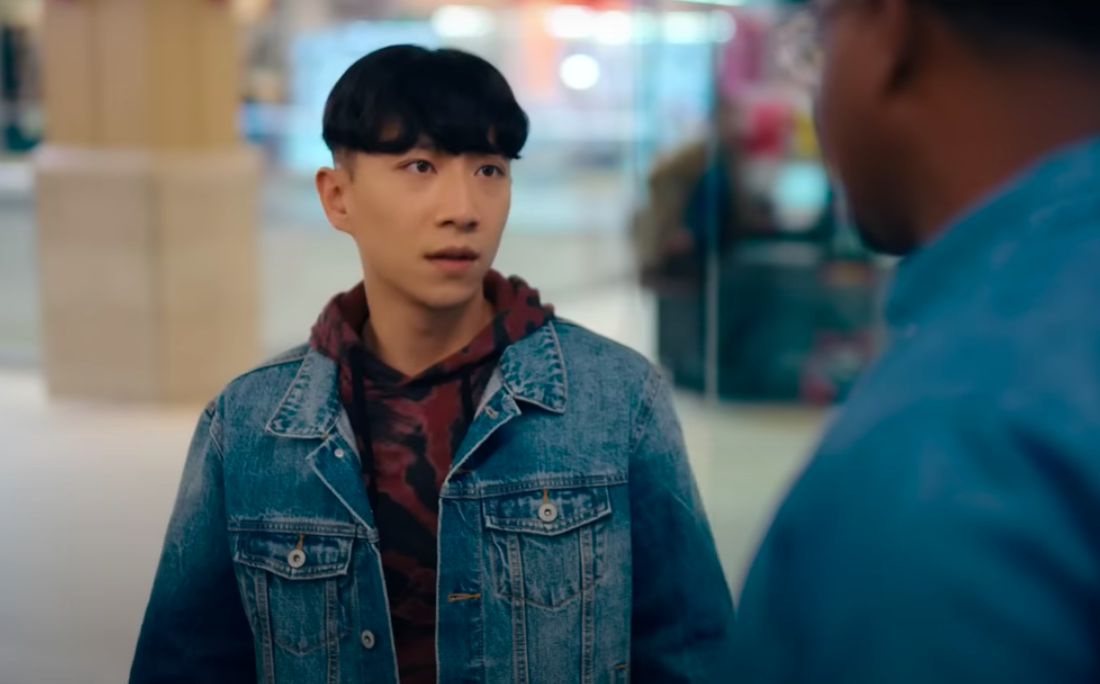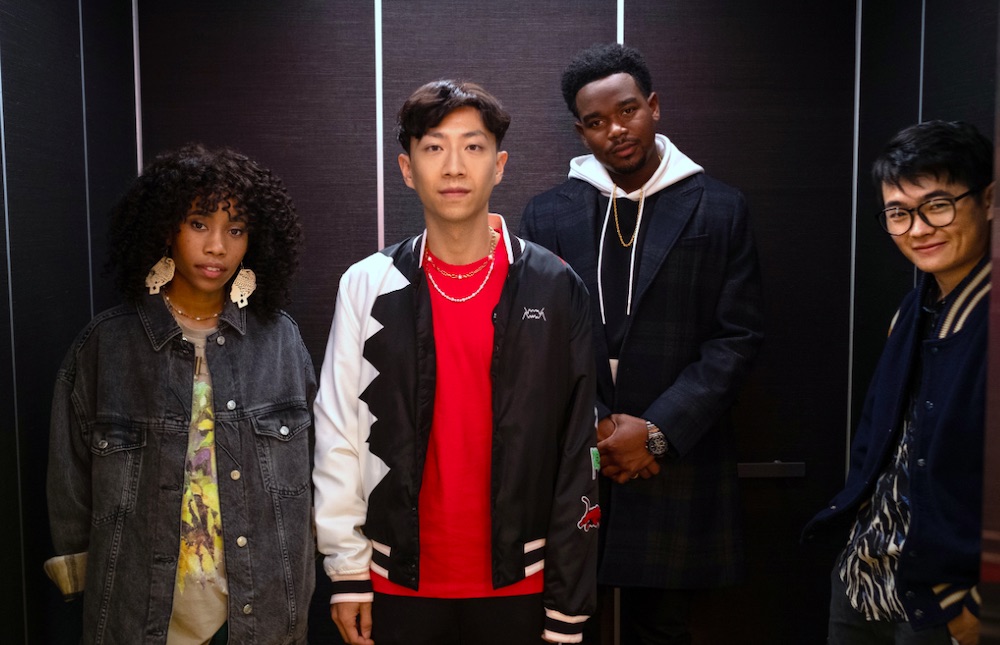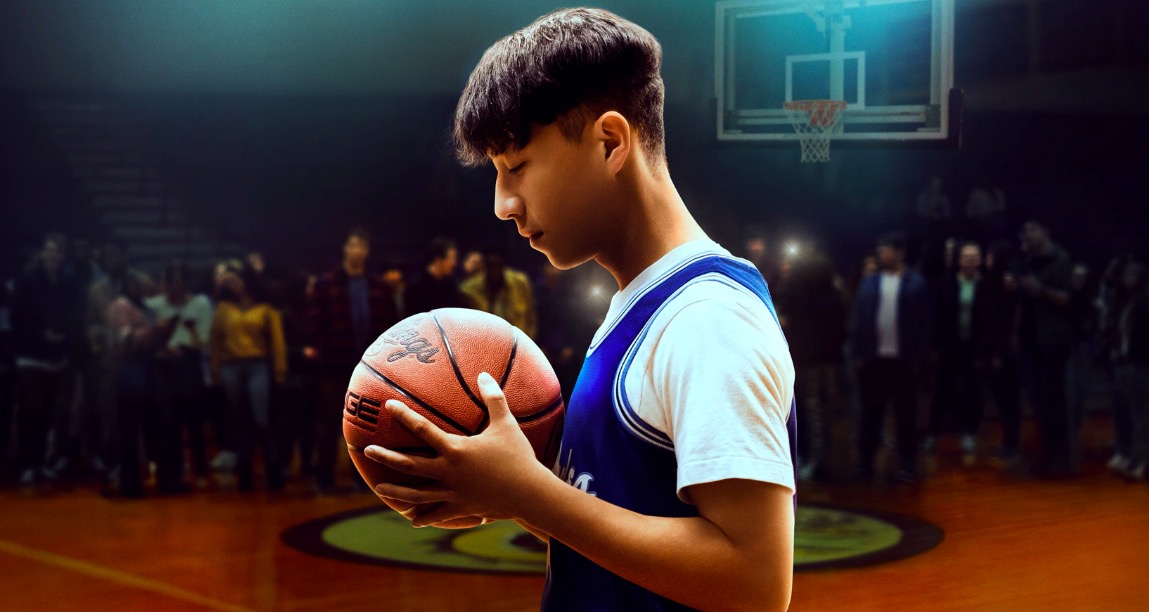Disney+’s ‘Chang Can Dunk’ is a sports-drama movie that follows the story of a teenager named Chang. Being the unpopular kid in school, he aims to change his image and present a new version of himself. He finds it difficult with the bullying he suffers from Matt, his classmate, the most popular school kid. When Matt makes fun of Chang, saying that he will never be able to dunk, things get heated. Chang takes this to heart and accepts the challenge to be able to dunk in eleven weeks.
Written and directed by Jingyi Shao, the movie presents a realistic picture of a teenager grappling with issues that make him question everything around him. The film also highlights the immigrant experience and the family’s role in shaping a young mind. If you are wondering whether Shao used a true story to create this movie, here’s what you need to know.
Chang Can Dunk: Fiction Inspired by Personal Experience

No, ‘Chang Can Dunk’ is not based on a true story, but writer-director Jingyi Shao drew from his own experiences as a teenager to write this story. In a conversation with ScreenRant, Shao revealed that the idea for the story started with an image stuck in his head. “It was the scene where Chang is trying to dunk in the snow. I’ve been the kid on the court when it’s raining and still trying to get shots up. I just kept asking myself, ‘Why does this kid want to dunk so bad? Why is this so important to him?’ And then from there, I was like, Can I make an audience care about something that’s so simple, and maybe not even consequential?” he said.
Shao extrapolated the idea of self-worth and started thinking about his life as a teenager, especially his relationship with his mother. Reflecting on how family plays a vital role in Asian-American stories, the director said that telling such stories is an attempt to try and heal on their terms. He revealed that he sometimes felt a lack of support from his parents in pursuing his dream, but it was his dream that brought him closer to his parents as he was “able to empathize and sympathize with [them] a lot more [and] understand their journey and their struggles. He added: “I would say this film is about family very much, especially if you have disconnection and differences and how you can heal that and how it is possible to heal that.”
Another meaningful relationship that influences Chang’s life is with his coach, DeAndre. In the movie, DeAndre makes a series of videos showing Chang’s transformation from a boy who can’t dunk to one who works hard to achieve his dream. The idea for this came to Shao from a real-life video series titled ’10,000 Hours’. It shows Devin Williams coaching Kyle and Matty Wong to play basketball. Shao found it inspiring and saw it as one of the many ways people from different cultures come together.

The director also cited ‘The Mighty Ducks’ and John Hughes films as the influence on ‘Chang Can Dunk.’ But he was particularly inspired by ‘The Karate Kid,’ which has “a real emotional weight” and “a lot of sadness and some darker aspects.” Shao wanted to bring the same tone, mixing “the highs with the lows” to present Chang’s experience in the movie. Instead of karate, he chose basketball as the medium to show Chang’s journey because, as a teenager, Shao had also turned towards the sport as a means to “work through [his] problems” and get to know himself better.
The most important reason behind writing this story was that Shao wanted to create something that he would have liked to see as a teenager. “I never saw a main character that looked like me and maybe was experiencing some of the things I was experiencing both in school and at home. I think a film like this would have really helped me, saved a lot of time, and sped up a lot of growing pains that I had when I was younger,” he said. Still, Shao wants everyone, whether or not they are of Asian descent, to connect to Chang and his struggles. Considering all this, it is clear that even though ‘Chang Can Dunk’ is not based on a true story, Jingyi Shao has imbued it with his own experiences to make it feel as real and relatable as possible.
Read More: Where Was Chang Can Dunk Filmed?


You must be logged in to post a comment.